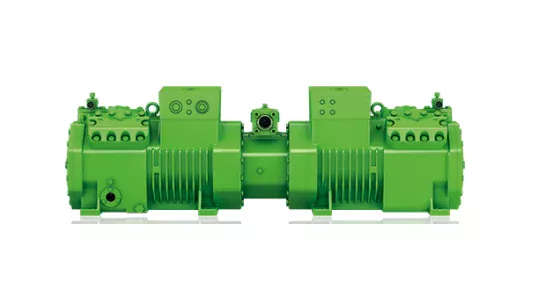If it is necessary to perform a technological process associated with air compression or increasing pressure, it is advisable to use special equipment - a piston compressor. There are several models of such equipment, each of which has its own characteristics. On the page with descriptions of the models you can find out more how how the devices work, and what are their main technical characteristics.
Features of operation of piston compressors
At its core, a piston compressor is a universal equipment. It can be used in both small and large enterprises. Electric and air compressor models can compress gases. At the same time, they produce more power. Such models are considered safe and easy to use due to their easy assembly.
Oil-free compressors have a fairly simple operating principle. This makes them more economical and easier to operate. There is no need to install additional equipment during operation.
Technical characteristics of piston compressors
Before choosing the optimal model of a piston compressor, it is advisable to study the technical characteristics. This will allow you to select a model for a specific area of use. Thus, among the technical parameters we can note:
- Performance.
- Outlet air temperature.
- Power.
- Noise level .
- Intense physical strength.
Types and types of piston compressors
Depending on technical characteristics, design features and areas of use, there are several models of piston-type compressors. These are oil, oil-free, refrigeration, air. Thus, the oil-free compressor model separates oil from air and creates clean gas without foreign impurities.
The operating principle of the air unit is somewhat reminiscent of an internal combustion engine. Within its framework, air is compressed and sucked into the cylinder. Each piston compressor model has its own characteristics, which allows them to be used in various industries.




